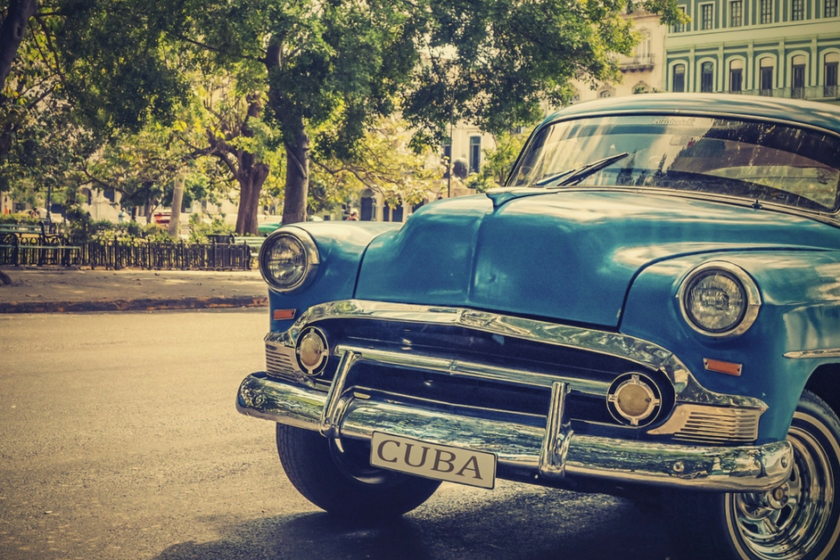Conventional wisdom would say that the people who are most likely to travel somewhere in the world are those who think it is enjoyable, pleasant, or fascinating. In a recent study, my colleagues and I discovered that might not be true for certain destinations at certain points in time. We recently asked 758 people from the United States about their attitudes toward Cuba and whether or not they planned to travel to Cuba within one year, five years, or ten years. The findings from our study surprised us, until we started thinking about them in the context of traveler personality. Before we get into the results, a little bit of background is needed to understand why we did this research.
Over the past decade, there have been a variety of changes to the relationship between the U.S. and Cuba. Shortly after US President Barack Obama took office in 2008, the administration eased a variety of restrictions on Cuba, and allowed US citizens to travel to Cuba for a variety of reasons, including religion and education. Over the next several years, the warming relationship between the US and Cuba resulted in continued easing of restrictions and eventually non-stop flights and even cruises between the two countries were resumed. However, travel restrictions remain in place, and only travelers from the 12 specific groups including family trips, business travel, research and educational activities, and humanitarian projects may travel to Cuba without the need for a special license. My colleagues and I thought this topic would be interesting to investigate further, as fully opening travel from the United States to Cuba would likely have a significant impact on Cuba. So – we decided to examine what types of people might be interested in traveling to Cuba from the U.S. – not just now, but into the future.
Now – back to those interesting findings. We asked people about their positive and negative attitudes towards Cuba, their perceived control over whether or not they could visit Cuba, and whether their social groups would approve of them traveling to Cuba. We created three models to see if those things differed in predicting whether someone would travel to Cuba within one year, five years, or ten years. When we created our models, there was one particular finding that stood out.
Cuba is scary, uncomfortable, and risky…and thats a good thing?
We found that thinking Cuba was scary, uncomfortable, and risky was actually a good predictor of someone wanting to travel to Cuba within one year. The opposite was true for wanting to travel to Cuba within 5 years or 10 years, where thinking that Cuba was enjoyable, pleasant, worthwhile, satisfying, fascinating, and authentic was a good predictor. Initially, this finding didn’t make sense. Why would someone want to travel to Cuba if they thought it was scary, uncomfortable, and risky? It turns out that this finding makes sense when you think of it in terms of your Traveler Personality
There is a small portion of the population (in The Trip Doctor Traveler personality quiz they are called ‘Trendsetters’) who like to be uncomfortable, and a small portion of the population who likes to be extremely comfortable (called ‘Relaxers’). The vast majority of people fall somewhere in the middle – meaning they are willing to be a little bit uncomfortable but not too much. This may provide an explanation for those people who thought Cuba was scary, uncomfortable, and risky – they may actually find those attributes appealing in a travel destination.
But why, then, is that not the case for wanting to travel to Cuba in 5 years or 10 years? We think that might have to do with how people perceive Cuba will change if it is fully opened to travelers from the United States. There is a term called ‘McDonaldization’ that essentially refers to when a travel destination is transformed to look like every other similar travel destination through the development process. Right now, Cuba is unique in terms of its travel image for Americans. Many think of the old cars, historical buildings, cigars, and rum. If Cuba were to evolve to include massive resorts and other tourism amenities Caribbean travelers would find familiar, it is likely those ‘Trendsetter’ travelers would seek out other destinations across the globe and make way for less adventurous travelers to visit Cuba in much greater numbers.

